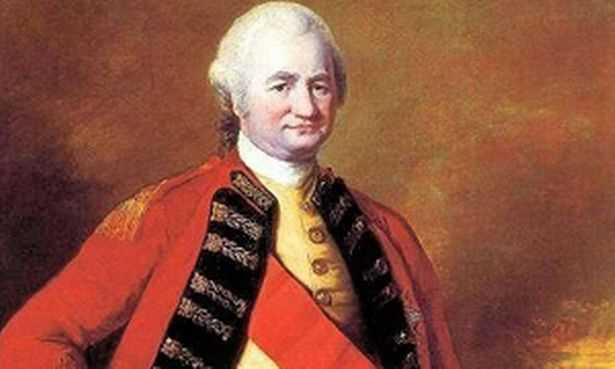*The dual system of administration in Bengal*

About Robert Clive:
His first Baron Clive of Plassey, (conceived September 29, 1725, Styche, Shropshire, England—kicked the bucket November 22, 1774, London), trooper and first British manager of Bengal, who was one of the makers of British power in India. In his first governorship (1755– 60) he won the Battle of Plassey and moved toward becoming expert of Bengal. In his second governorship (1764– 67) he revamped the British province.
Youthful Clive was a troublesome kid and was sent to a few schools, including the Merchant Taylors' School in London, however, absent much noticeable outcome. In 1743, when Clive was 18, he was sent to Madras (now Chennai) in the administration of the British East India Company.
THE DUAL GOVERNMENT OF BENGAL Following the Treaty of Allahabad (1765), Robert Clive set up the notorious double arrangement of an organization in Bengal wherein the Com¬pany procured the genuine power, while the. obligation of organization laid on the Nawab of Bengal. Under the 'double' or twofold government framework, the Company got both the Diwani (income) and nizamat (common organization) elements of Bengal from two unique sources-Diwani from the Mughal sovereign and nizamat from the Nawab of Bengal.
As the diwan, the Company was approved to gather incomes of the area, while through the privilege to choose the appointee subahdar it was in a situation to control the nizamat or the police and legal forces. The delegate subahdar couldn't be evacuated without the assent of the Company. Nonetheless, now of time, the Company was neither willing nor ready to gather the income specifically.
Thus, it delegated two appointee diwans for practicing diwani capacities Mohammad Reza Khan for Bengal and Raja Sitah Roy for Bihar. Mohammad Reza Khan additionally worked as appointee nizam. Along these lines, the entire organization of Bengal was practiced through Indian office, in spite of the fact that the genuine expert rested with the Company.
The double government framework held an incredibly preferred standpoint for the British-they had control without obligation. The Nawab and his authorities were in charge of an organization, yet they had no energy to release it.
The framework had numerous shortcomings that at last prompted regulatory breakdown. The proletariat of Bengal endured incredibly because of the decrease of horticulture and discretionary income requests. Exchange and business were disturbed, and the business and aptitudes demolished...
Cheers!